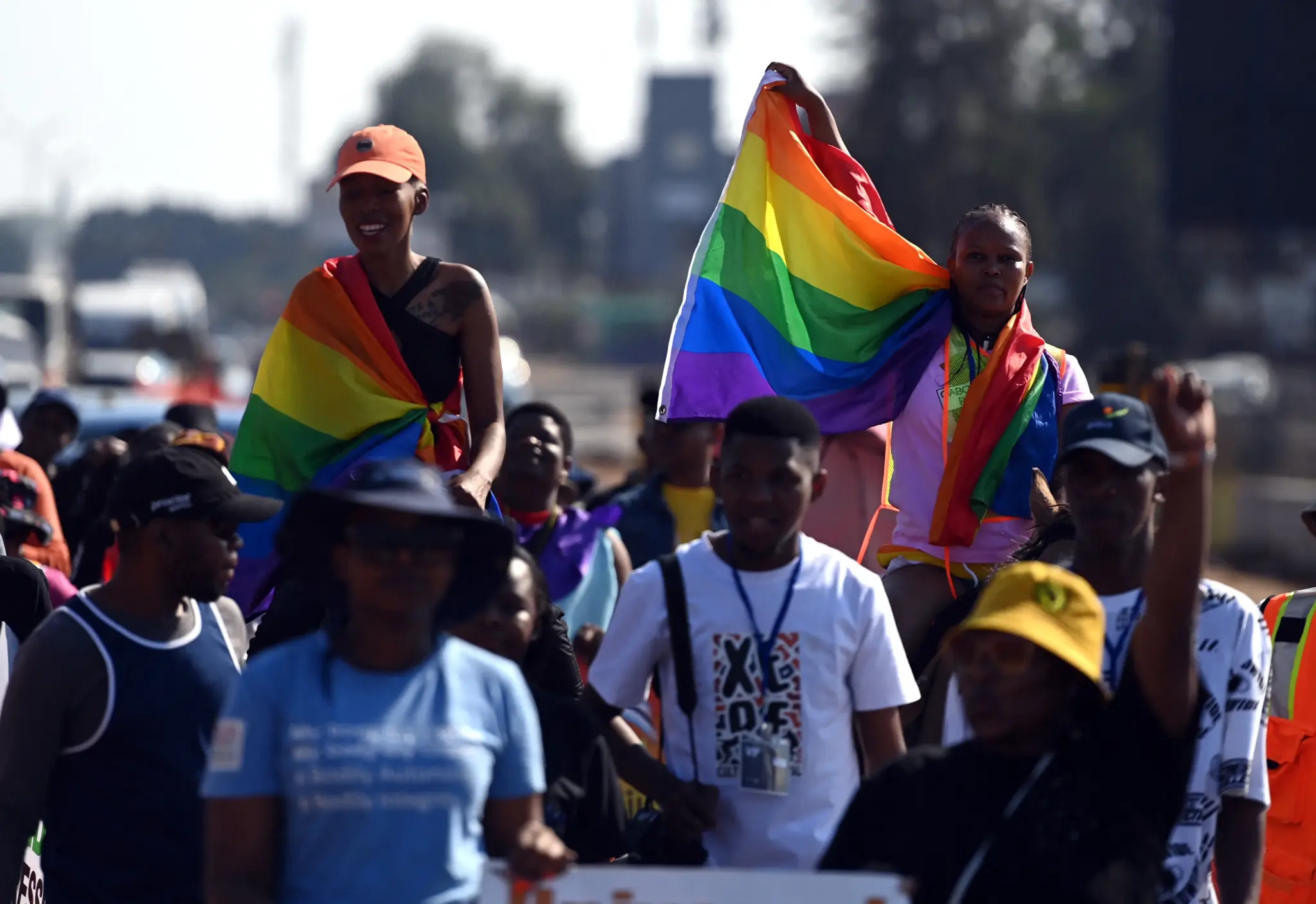Ghana passes sweeping bill making identifying as LGBTQ+ or campaigning for queer rights illegal
Sign up for more LGBTQ+ news and updates at TrueQueer.
In a shocking turn of events, the parliament in Ghana has recently passed a controversial bill that makes identifying as LGBTQ+ or campaigning for queer rights illegal. The new bill, known as the Human Sexual Rights and Ghanaian Family Values Bill, has stirred a wave of concern and outrage among activists and human rights organizations both locally and internationally.
According to the bill, individuals who identify as LGBTQ+ could face a prison sentence of up to three years, while those who organize or fund LGBTQ+ groups could be sentenced to up to five years in prison. The bill also includes provisions for a maximum of 10 years imprisonment for anyone involved in LGBTQ+ advocacy campaigns targeted at minors. These harsh penalties have raised serious questions about the future of LGBTQ+ rights in Ghana and the safety of individuals within the community.
Despite attempts to propose alternatives such as community service and counseling in place of jail time, lawmakers have stood firm on enforcing strict penalties for those found in violation of the bill. The bill has garnered support from two major political parties in Ghana and now awaits the signature of President Nana Akufo-Addo to become law.
One of the most alarming aspects of the bill is its encouragement for members of the public to report individuals they believe to be part of the LGBTQ+ community to the authorities for “necessary action.” This provision has sparked fears of widespread discrimination, harassment, and even violence against LGBTQ+ individuals and their allies.
Activists have expressed concerns that if the bill becomes law, there could be targeted searches for members of the LGBTQ+ community, forcing many to go into hiding to avoid prosecution. Winnie Byanyima, the executive director of UNAIDS, has strongly condemned the bill, stating that it could exacerbate fear and hatred, incite violence, and infringe upon basic human rights such as freedom of speech and association.
Byanyima also highlighted the potential negative impact of the bill on access to life-saving services and the country’s efforts to combat HIV/AIDS. She warned that the bill could hinder progress towards ending AIDS in Ghana and jeopardize the country’s developmental success.
International organizations such as Amnesty International have also voiced their concerns about the bill, citing its potential to violate fundamental rights and freedoms of LGBTQ+ individuals. The bill has been criticized for its discriminatory nature and its threat to the inclusivity and diversity of Ghanaian society.
The origins of the bill can be traced back to the opening of Ghana’s first LGBTQ+ community center in Accra in January 2021. The center was met with public protests and pressure from religious groups, leading to its eventual closure by the police. Religious leaders in Ghana, predominantly Christian, have strongly opposed LGBTQ+ rights, claiming that it goes against traditional Ghanaian culture and family values.
It is important to note that engaging in gay sex is already illegal in Ghana, with offenders facing a three-year prison sentence under existing laws. The passage of this new bill further solidifies the government’s stance against LGBTQ+ rights and raises serious concerns about the future of equality and acceptance in the country.
As activists continue to fight against this oppressive legislation, the international community must stand in solidarity with LGBTQ+ individuals in Ghana and support their struggle for basic human rights and dignity. The fight for equality is far from over, and it is crucial that we amplify the voices of those most affected by this discriminatory bill.
Follow us on: Facebook for more LGBTQ+ news and updates at TrueQueer.
Ghana LGBTQ+ Bill
![]()

